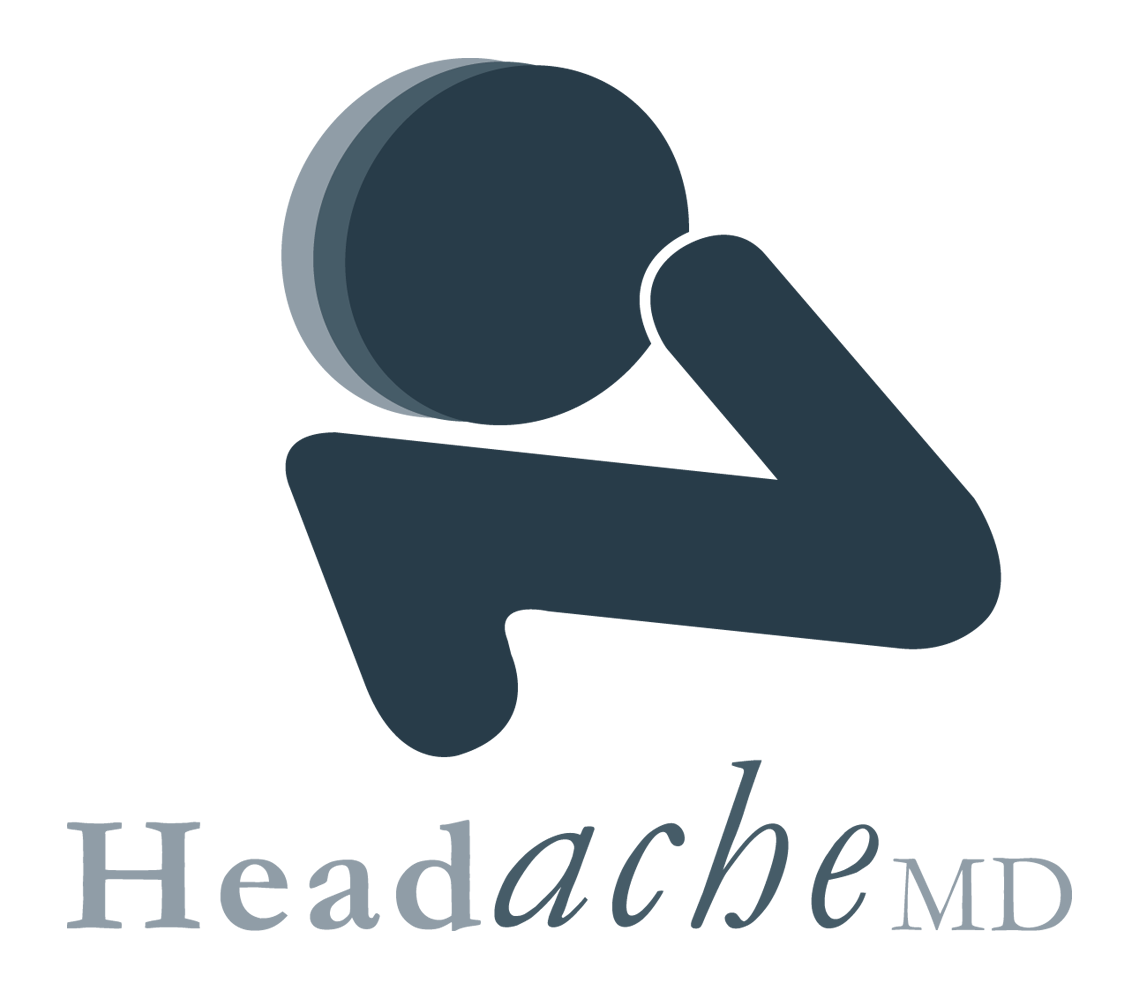Chronic Headaches
Chronic headaches are defined as headaches that occur 15 times or more in a month, thus, affecting the quality of life for the affected individuals (i.e., missed workdays and social occasions). In many cases, the recurrence of headaches can be prevented if and when the concerned individual exerts the effort to identify the main reasons behind it and then adopt the appropriate preventive measures.
#1 Ignorance of and Indifference to Triggers
Many individuals who have chronic headaches have failed at a basic headache prevention measure – keep a headache diary detailing the onset, types, duration, severity and frequency of the attacks; identify the possible triggers for the headaches; and then adopt the necessary measures to avoid these triggers.
Each individual will have a specific set of triggers with the most common triggers being:
- Stress
- Hormone fluctuations
- Sleep disturbance including too little or too much sleep
- Strong odors
- Bright lights
- Heat or cold
- Food allergies (i.e., cheese)
- Sex
- Certain medications (i.e., antidepressants, bronchodilator drugs for asthma, diet pills, and contraceptives)
#2 Unhealthy Sleep Schedule
In a survey conducted by the National headache Foundation, individuals with chronic headaches attested that their attacks came after oversleeping (79%) and/or under-sleeping (66%). Even naps, which were taken to relieve the pain associated with tension headaches, can worsen the situation because these can result in insomnia. When the individual suffers from insomnia the night before, chances are that headaches will attack the next day.
Experts recommend:
- Establishing a regular sleep schedule by going to bed and waking up at the same time every day.
- Getting sufficient hours of sleep from 7 to 8 hours each night.
- Ensuring that the bedroom is, indeed, conducive to restful sleep (i.e., neither too warm nor too cool)
#3 Insufficient Exercise and Unmanaged Stress
Lack of activity coupled with feelings of anxiety caused by unmanaged stress can increase the frequency, severity and duration of headaches. Keep in mind that physical exercise lessens stress, aids in restful sleep, and increases endorphin levels; endorphins are the body’s natural painkillers.
Tips: Engage in moderate physical activity like brisk walking for 30-45 minutes three to four days a week but avoid activities requiring bobbing the head up and down. Drink plenty of water before, during and after the exercise session to avoid dehydration and be sure to properly warm up and cool down.
#4 Skip on Pain Prevention Medications
Ask your doctor for pain prevention medications like tricyclic antidepressants, anti-seizure drugs, and certain anti-hypertension medicines that can cut the risks for future migraines by up to 50%. The assumption here is that these medications are not your triggers.
Be patient about finding the right preventive medication. If symptoms still persist despite every effort exerted, then consult with a neurologist or a headache specialist to determine any underlying medical condition.
#5 Caffeine Addiction
Caffeine in coffee and cola can provide for temporary pain relief because the substance shrinks the swollen blood vessels, which results in the throbbing sensations of migraines and tension headaches. But when the caffeine wears off, the blood vessels start to re-swell and the headache comes stronger than before.
Tip: Limit your coffee consumption to 1-2 cups a day and take each cup at the same time each day to avoid caffeine withdrawal symptoms.
